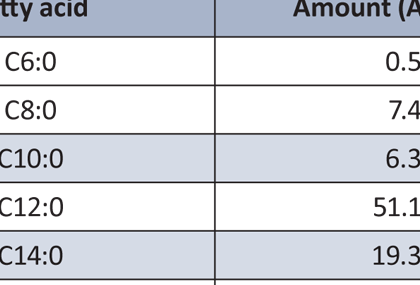I will ignore the condescending tone of your post and reply.
In 2017 I weighed close to 300 lbs. I was a type II diabetic and took Metformin, Glipizide, and daily shots of insulin to control my disease.
I am a firm believer in evidence based nutrition. As of this date the overwhelming evidence is that the vast majority of modern diseases such as heart disease, cancer, diabetes, Parkinson's Disease etc... is associated with insulin resistance.
Insulin causes the body to burn glucose instead of fat. When we are insulin resistant our bodies are forced to produce excessive insulin to overcome the resistance. Since insulin is the hormone that tells the body to store fat we gain weight rapidly and develop all of the "diseases of civilization" that were almost non-existent 100 years ago.
Insulin resistance is caused by too much sugar, refined carbohydrates, trans-fats, and industrial seed oils such as corn oil, cottonseed oil, canola oil, soybean and safflower oil. To reverse the disease all of theses items must be removed from the diet.
Refined seed oils are particularly nasty because the industrial process of refining them such as using hexane, high temperatures, bleaching and deodorizing them, causes the fats to become highly oxidized and toxic to the body. The high sugar and refined carbohydrates are terrible for us, but adding seed oils to the diet 100 years ago was like throwing jet fuel onto the fire.
I changed my diet to a low carb/high fat diet, which only includes natural fats such as butter, beef tallow, lard, and full fat dairy. I have lost close to 100 lbs and removed the need for all of my diabetic medication.
I take my diet VERY serious and I now realize that industrial seed oils play a major pary of my disease.
So-called “heart-healthy” oils pose significant dangers to your cardiovascular system. Find out why, and learn which fats you should choose instead.
chriskresser.com

www.nutritioncoalition.us




















